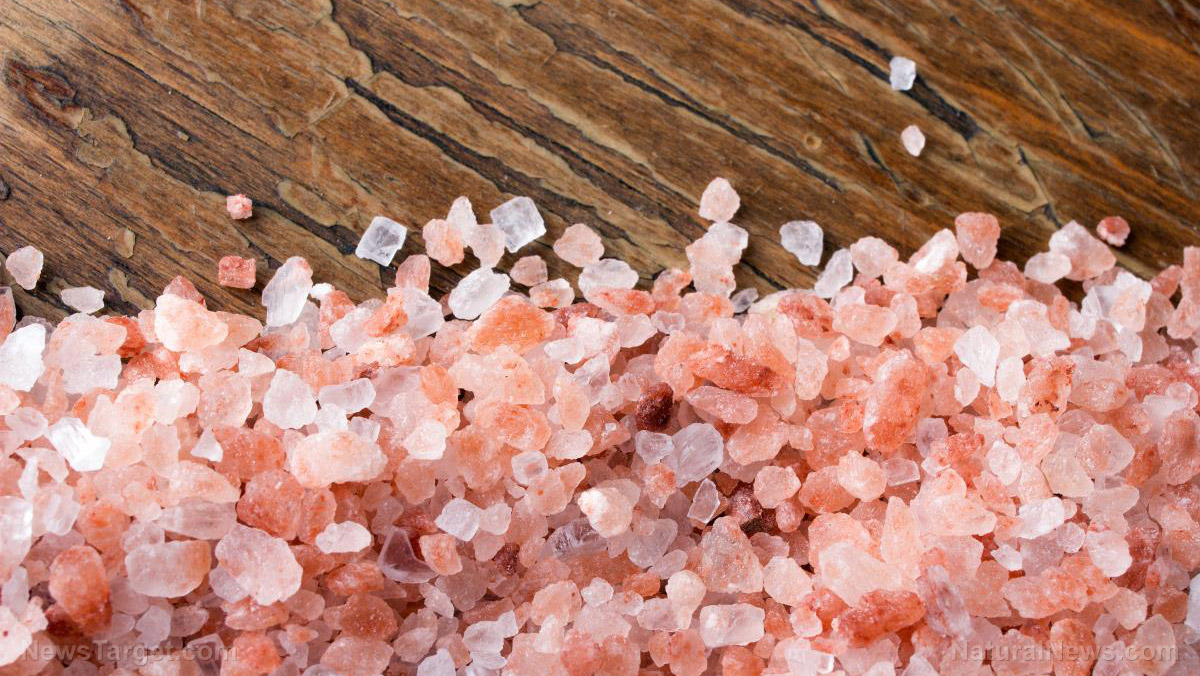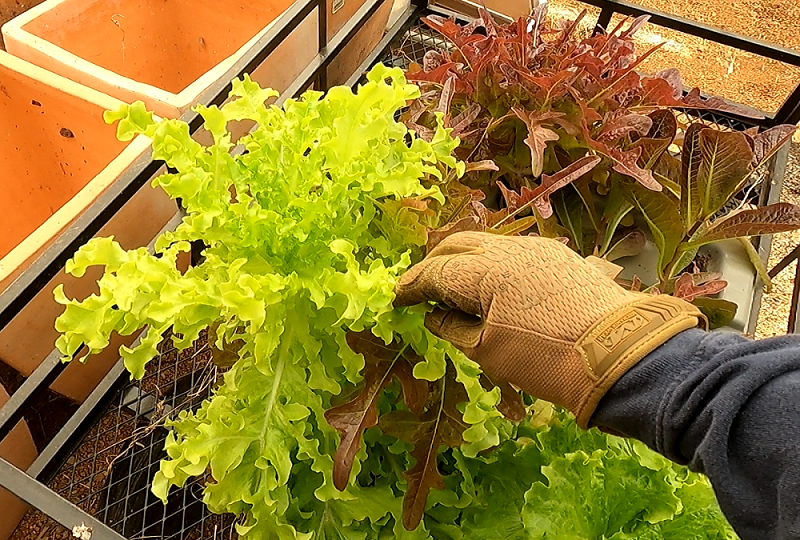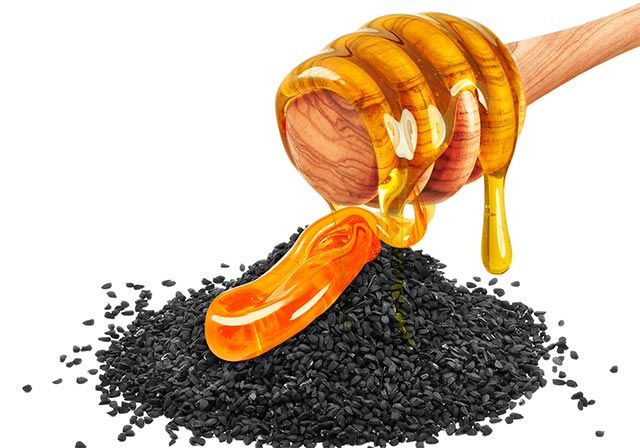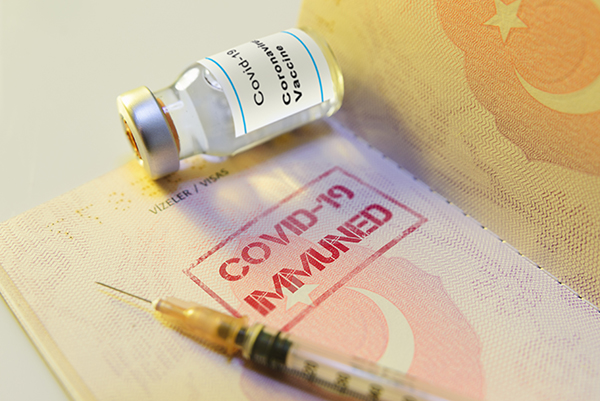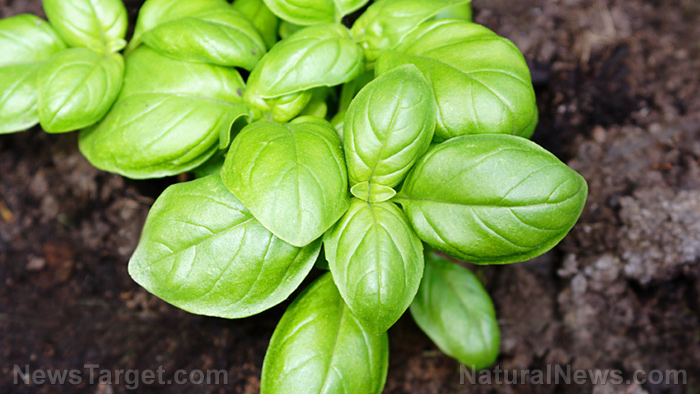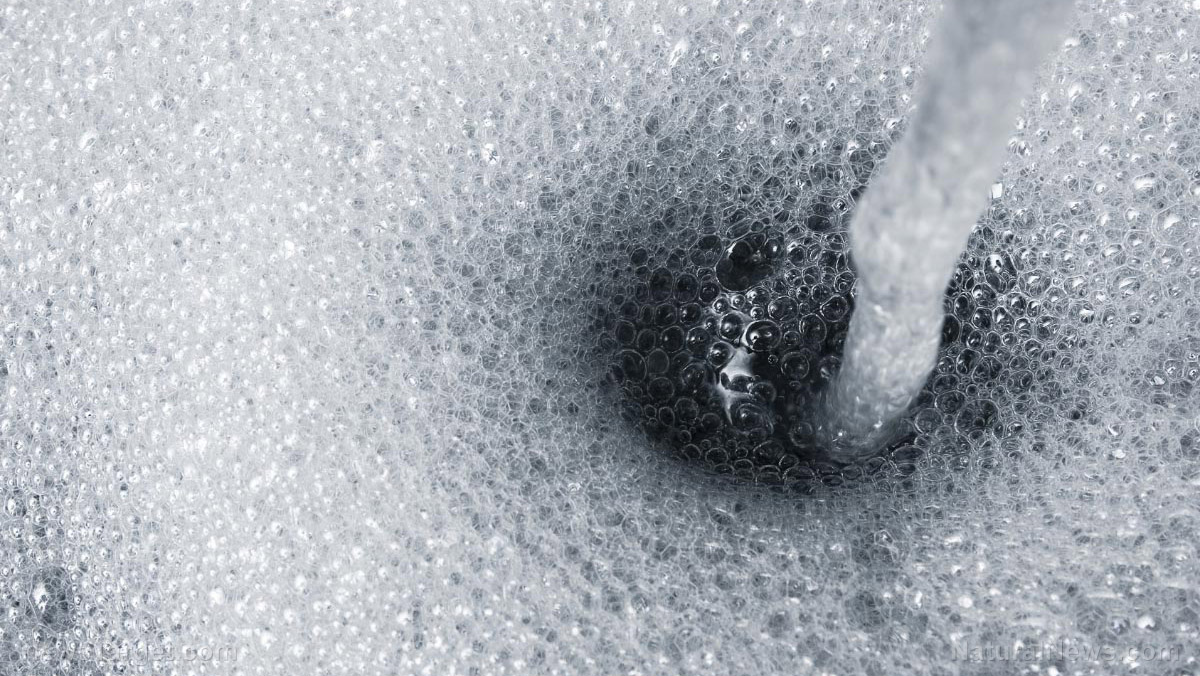Research points to quercetin, zinc as natural coronavirus cures
04/24/2020 / By Michael Alexander

As the world continues to reel from the effects of the ongoing COVID-19 pandemic, a plant-derived compound — quercetin — has captured the interest of two researchers looking for a potential cure for the deadly disease.
Michel Chrétien, a researcher at the Clinical Research Institute of Montreal, and Majambu Mbikay of the University of Ottawa, are now looking into the possibility of using quercetin as a cure for COVID-19, noting that the compound has already been proven successful at treating infections caused by the deadly Ebola and Zika viruses.
According to Chrétien, he and Mbikay are now waiting for approval regarding the start of the drug’s clinical trial in Wuhan, the purported birthplace of the COVID-19 pandemic that, as of this writing, has infected over 2.6 million people and killed 184,235 others across the globe.
“As soon as we receive the OK from China, we are ready to move,” Chrétien said in an interview.
Quercetin as treatment for infectious disease
A type of flavonoid or plant pigment, quercetin is valued not just for its ability to enhance one’s physical performance, combat allergies and maintain one’s general health, but also for its ability to inhibit both A and B types of influenza — including the H1N1 and H3N2 virus strains — and even slow down the replication of several types of coronaviruses.
However, while Chrétien says that the compound’s effectiveness as a treatment option for COVID-19 must first be proven to avoid spreading “false hopes” among the public, Mbikay says he is optimistic for its potential.
He believes that the SARS-COV-2 — the virus that causes COVID-19 — has the same infection mechanism as the viruses that came before it. This could mean that the drug could affect the novel coronavirus the same way it affected other strains.
“We believe that this particular drug interrupts the entry of viruses…so that you can attack several viruses at the same time,” Mbikay, who has worked on the compound with Chrétien since the early days of the SARS outbreak back in 2003, said.
Chrétien, for his part, said he is hoping that the trials for the drug will be quick so that he and his team can immediately confirm whether or not quercetin is safe and effective at treating COVID-19
The trials for the drug, Chrétien explained, will follow the protocol he has developed with his team.
According to Chrétien, he and his team will give quercetin to about 20 to 30 patients, prior to monitoring their reaction. This process will be repeated on new patients the following week.
Chrétien said he and his team will not only gather clinical data during this period but also evaluate those involved on a weekly — if not daily — basis, adding that it is possible that they will have results on quercetin’s ability to treat COVID-19 within 60 days of a clinical trial.
Quercetin: A natural, low-cost COVID-19 cure?
One major reason as to why they are pushing for the development of quercetin as a treatment for COVID-19, Mbikay said, is because of its relatively low-cost nature.
“It is not expensive. It’s a natural product. It’s found in nature and purified from plants,” Mbikay said, noting that the anti-viral drugs used on some COVID-19 patients at the moment, bear price tags of up to $1,000 per injection.
“Compared to what is available now, it doesn’t compare in terms of price,” Mbikay explained, adding that, creating an affordable treatment is key to slowing the now-global outbreak. (Related: Worries mount as coronavirus appears to disable the immune cells that fight it off, reactivating in some people.)
Mbikay added that quercetin would cost only about $2 per day when used as a treatment option for COVID-19 patients.
Zinc: A promising antiviral agent
Another possible cure for COVID-19, according to recent research, is zinc.
Oneel Patel of the Department of Surgery at the University of Melbourne said several studies have shown that zinc — an important trace mineral in the human body — is effective at slowing the rate of proliferation of the viruses causing SARS and the common cold.
This means that zinc has the potential to act as a drug against COVID-19, Patel said. He is now working on a treatment plan for patients involving intravenous zinc chloride.
According to Joseph Ischia, who is working with Patel on the project, they are now in the process of fast-tracking a clinical trial in order to test whether a daily injection of zinc chloride would benefit COVID-19 patients.
“There is currently no specific treatment available for patients who have COVID-19 and are at high risk of respiratory failure, which means this study has the potential to have an enormous positive impact on their clinical outcomes,” Ischia said.
He and Patel will be working in partnership with Phebra Chief Executive Officer Mal Eutick, as they will be using intravenous zinc injections, manufactured at Phebra’s multi-purpose sterile injectables plant in Sydney, during the trial.
“Zinc has been proven to be effective in treating severe pneumonia and other viruses although not COVID-19 to date. This trial is an extraordinary opportunity to discover if IV zinc can help us respond to the current pandemic,” Eutick said. Should their trials prove successful, the treatment could be of great help especially for high-risk elderly patients.
Ischia, Patel and Eutick have acknowledged the risk of zinc overdose for the patients.
“Zinc can be toxic and it will be carefully administered as part of the trial to ensure patients are safe,” Ischia explained.
Get the latest news and studies on other potential treatments for COVID-19 at Pandemic.news.
Sources include:
Submit a correction >>
Tagged Under:
coronavirus, covid-19, Cures, Flu, infections, natural cures, natural health, natural medicine, nutrients, nutrition, outbreak, pandemic, prevention, quercetin, remedies, research, superbugs, supplements, virus, zinc
This article may contain statements that reflect the opinion of the author
RECENT NEWS & ARTICLES
COPYRIGHT © 2017 NATURALANTIBIOTICS.NEWS
All content posted on this site is protected under Free Speech. NaturalAntibiotics.news is not responsible for content written by contributing authors. The information on this site is provided for educational and entertainment purposes only. It is not intended as a substitute for professional advice of any kind. NaturalAntibiotics.news assumes no responsibility for the use or misuse of this material. All trademarks, registered trademarks and service marks mentioned on this site are the property of their respective owners.



